Food-seeking behavior is triggered by skin ultraviolet exposure in males
- PMID: 35817855
- PMCID: PMC9314261
- DOI: 10.1038/s42255-022-00587-9
Food-seeking behavior is triggered by skin ultraviolet exposure in males
Abstract
Sexual dimorphisms are responsible for profound metabolic differences in health and behavior. Whether males and females react differently to environmental cues, such as solar ultraviolet (UV) exposure, is unknown. Here we show that solar exposure induces food-seeking behavior, food intake, and food-seeking behavior and food intake in men, but not in women, through epidemiological evidence of approximately 3,000 individuals throughout the year. In mice, UVB exposure leads to increased food-seeking behavior, food intake and weight gain, with a sexual dimorphism towards males. In both mice and human males, increased appetite is correlated with elevated levels of circulating ghrelin. Specifically, UVB irradiation leads to p53 transcriptional activation of ghrelin in skin adipocytes, while a conditional p53-knockout in mice abolishes UVB-induced ghrelin expression and food-seeking behavior. In females, estrogen interferes with the p53-chromatin interaction on the ghrelin promoter, thus blocking ghrelin and food-seeking behavior in response to UVB exposure. These results identify the skin as a major mediator of energy homeostasis and may lead to therapeutic opportunities for sex-based treatments of endocrine-related diseases.
© 2022. The Author(s).
Conflict of interest statement
The authors declare no competing financial interests.
Figures

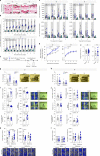
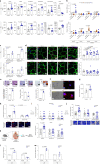
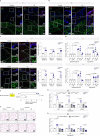
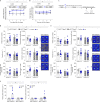
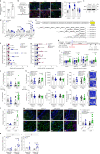

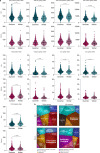

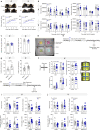
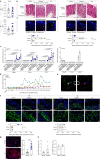
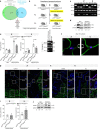
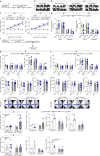
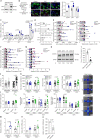

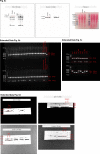
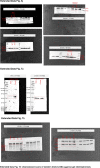
Comment in
-
Sun exposure stimulates appetite in males.Nat Metab. 2022 Jul;4(7):796-797. doi: 10.1038/s42255-022-00592-y. Nat Metab. 2022. PMID: 35817854 No abstract available.
-
Exposing skin to ultraviolet irradiation increases food intake in male individuals.Nat Rev Endocrinol. 2022 Sep;18(9):519. doi: 10.1038/s41574-022-00729-9. Nat Rev Endocrinol. 2022. PMID: 35883013 No abstract available.
References
-
- Garland CF, Garland FC. Do sunlight and vitamin D reduce the likelihood of colon cancer? Int. J. Epidemiol. 1980;9:227–231. - PubMed
-
- Ferguson AL, et al. Exposure to solar ultraviolet radiation limits diet-induced weight gain, increases liver triglycerides and prevents the early signs of cardiovascular disease in mice. Nutr. Metab. Cardiovasc. Dis. 2019;29:633–638. - PubMed
-
- Weller RB. Sunlight has cardiovascular benefits independently of vitamin D. Blood Purif. 2016;41:130–134. - PubMed
Publication types
MeSH terms
Substances
Grants and funding
LinkOut - more resources
Full Text Sources
Other Literature Sources
Molecular Biology Databases
Research Materials
Miscellaneous

